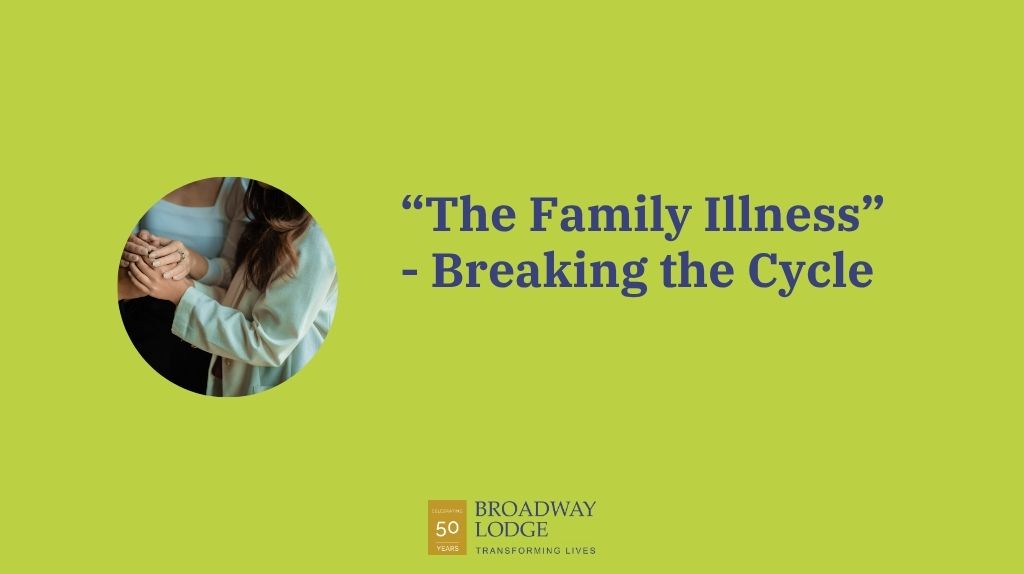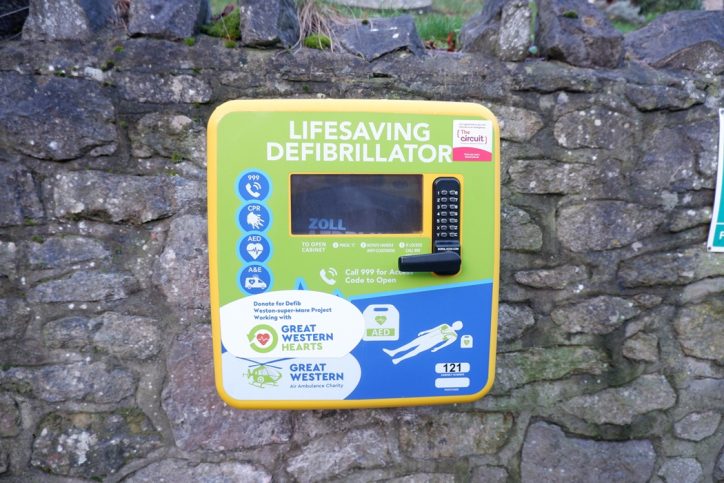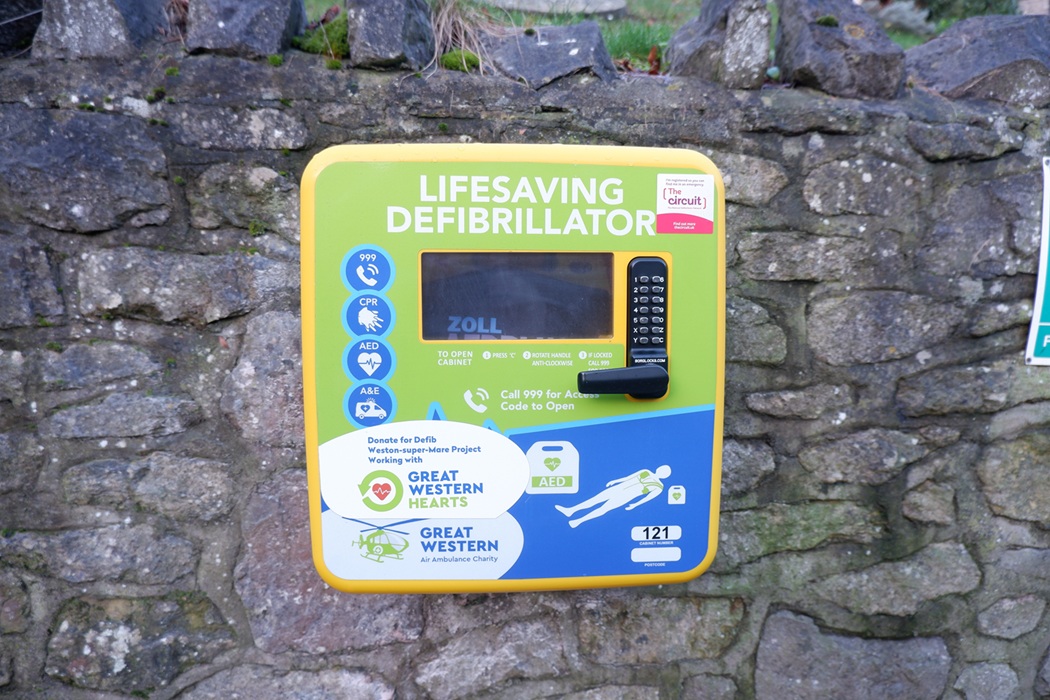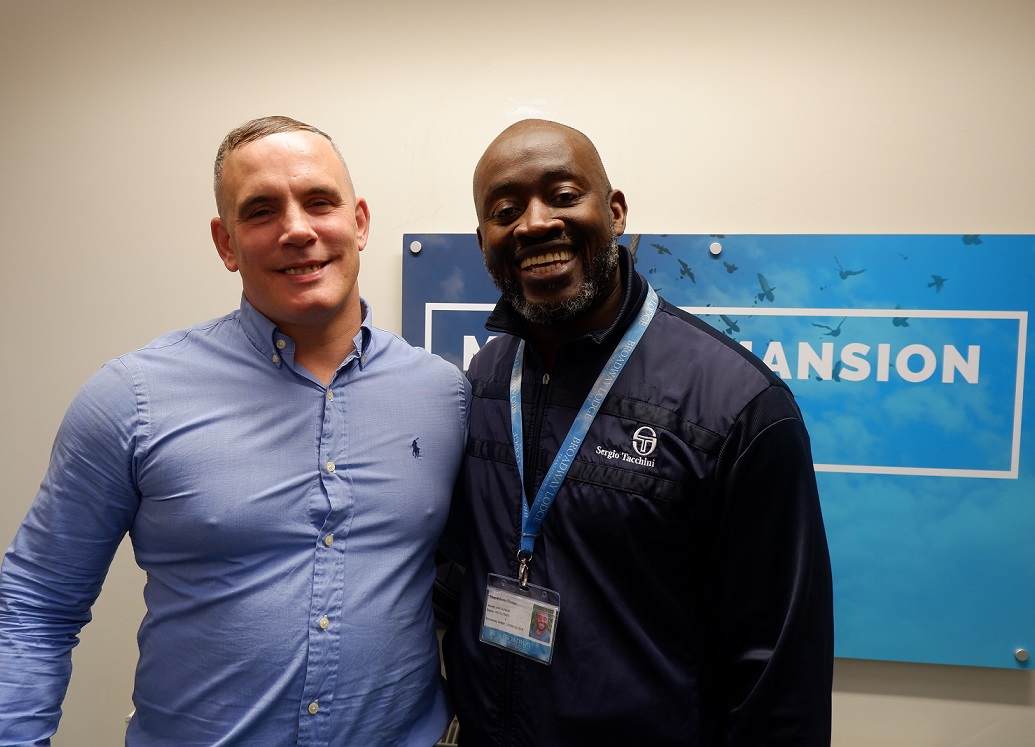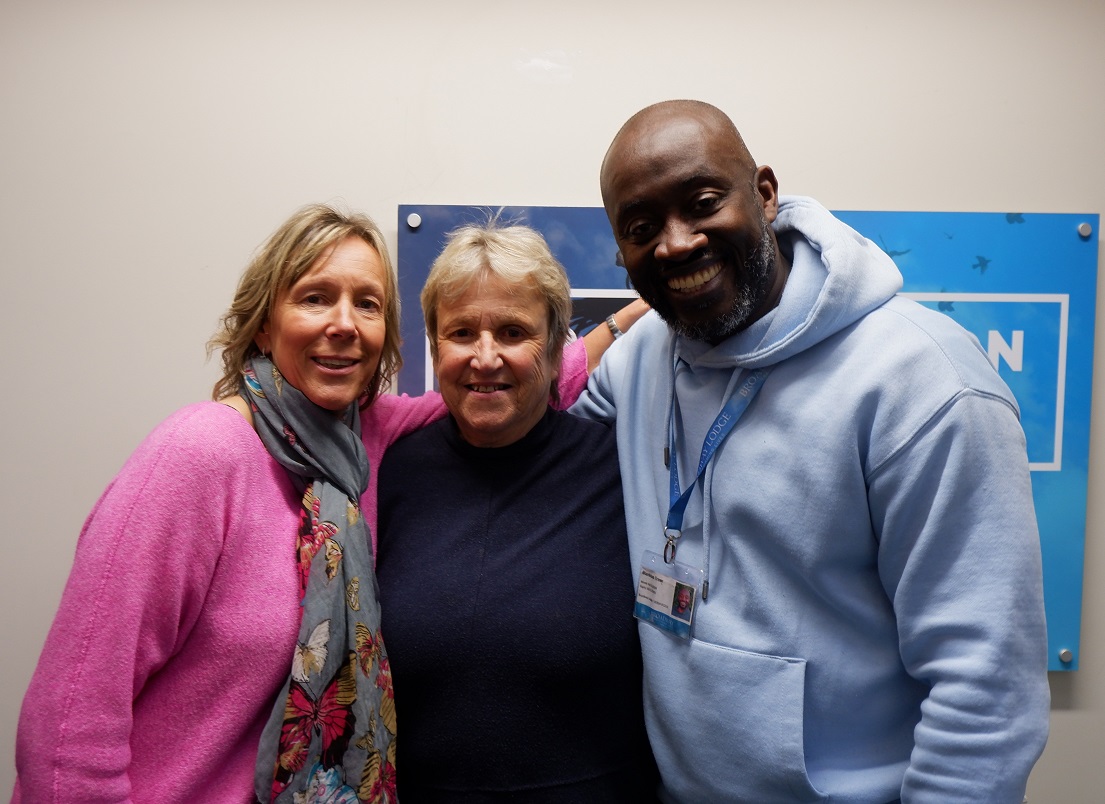Addiction impacts the entire family, creating a ‘family illness’ with unhealthy coping dynamics.
Support groups and therapy empower families to break the cycle and foster hope for recovery.
When one person in a family struggles with addiction, the ripple effects are felt by everyone around them. It’s a powerful and complex illness that extends far beyond the individual, creating a challenging environment for partners, parents, siblings and children.
It is often said that for every person with an active addiction, at least twenty others are affected.
Those closest to the individual often find their own wellbeing deeply impacted. Unknowingly, they can become entangled in the dynamics of the addiction, leading to what is recognised as a ‘family illness’.
This post explores what that means, how it affects family life and how loved ones can find support and begin their own journey of recovery.
What is the ‘Family Illness’ of Addiction?
The term ‘family illness’ describes the family’s collective response to a loved one’s addiction. As family members try to cope with the chaos, unpredictability and pain caused by the addiction, they can develop unhealthy coping mechanisms. They may find themselves becoming obsessed with fixing, helping or controlling the person with the addiction, often at great cost to their own mental, emotional and physical health.
This response is born from love and concern, but it can unintentionally create a dynamic that enables the addiction to continue. The family unit becomes organised around the addiction, and everyone’s roles and behaviours adapt to it.
How Addiction Affects the Family Unit
Living with addiction can feel like being on a constant, stressful rollercoaster. The family’s actions and reactions can either help or hinder the addicted person’s chances of seeking recovery.
However, before the family can effectively support their loved one, they often need to address the ‘family illness’ that has taken hold.
Family members become determined to save the person they love, no matter the personal cost. This might involve:
- Paying off debts or fines.
- Lying to employers or friends to cover up for their behaviour.
- Constantly checking on them or searching for hidden substances.
- Giving up their own hobbies, social life, and even holidays.
- Enduring endless arguments, broken promises, and emotional turmoil.
While these actions come from a place of care, they can prevent the person with the addiction from facing the natural consequences of their choices. If someone is always there to clean up the mess, there is little incentive for them to change. This is often called ‘enabling’, and it’s a core feature of the family illness.
The Common Feelings Experienced by Family Members
If your life has been affected by a loved one’s addiction, you may recognise some of these common feelings and behaviours:
- Guilt: Believing you might be the cause of the problem or feeling responsible for their actions. The person with the addiction may even manipulate this feeling to their advantage.
- Anxiety and Fear: Constant worry about their safety, their future and what might happen next. Life becomes haunted by ‘what ifs’.
- Anger and Resentment: Feeling angry at the person for their behaviour, at yourself for not being able to fix it and at the world for the injustice of it all.
- Isolation: Withdrawing from friends and social activities because of the shame or because all your energy is focused on the addiction.
- Preoccupation: Your thoughts are consumed by the addiction, and you find it difficult to focus on anything else, including your own needs or the needs of other family members.
- Denial: A persistent belief that “this can’t be happening in our family,” which can delay seeking help.
Over time, these feelings can lead to a loss of trust, hope and love within the family. Marriages can break down and relationships between parents and children can become strained as the focus narrows to just the addiction.
Shifting the Focus: The Path to Recovery
The most powerful step a family member can take is to seek help for themselves. It may sound counterintuitive, but recovery for the family often begins when they accept they cannot control the addicted person.
This is where the principles of ‘tough love’ and ‘detaching with love’ become vital. It means learning to love the person while hating the illness. It means allowing them to experience the consequences of their actions, as this is often the most powerful motivator for them to seek help.
The Three C’s
For family members, it is crucial to remember the Three C’s:
- You didn’t CAUSE it.
- You can’t CONTROL it.
- You can’t CURE it.
Accepting these truths is the first step toward releasing the burden of responsibility and starting to heal. Your role is not to cure their illness but to start your own recovery journey.
Learning to ‘Let Go’
Letting go does not mean you stop caring. It is the realisation that you are powerless over another person’s addiction and that the only life you can truly control is your own. It means allowing them to face reality and learn from their own mistakes, while you focus on rebuilding your own sense of peace and stability.
Attending family therapy groups as our online family programme or fellowships such as Al-Anon, Alateen or Families Anonymous, can provide the tools and understanding needed to practice this.
Hope and Support for Families
Addiction is a treatable illness and the family illness is treatable too. Healing begins when you shift the focus back to your own life and wellbeing. By learning more about addiction, setting healthy boundaries and connecting with others who understand, you can break free from the cycle of chaos and rediscover hope.
When family members get support for themselves, they not only begin their own healing but also create a healthier environment that can encourage their loved one to seek recovery.
If this post resonates with you, please know you are not alone. Broadway Lodge offers a free and confidential online family programme designed to provide education and support for anyone affected by a loved one’s addiction. These sessions are led by an experienced counsellor in a safe, understanding space. You can learn more about the nature of addiction and gain valuable advice to help you and your family move forward.
For more information about the addiction treatment we provide at Broadway Lodge, download our brochure or get in touch. We’re here for you, every step of the way.

